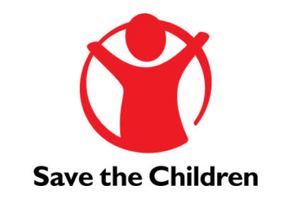When the coronavirus pandemic first appeared on the global stage, a wry meme did the rounds on social media. It went like this:
World: There’s no way we can shut everything down in order to lower emissions, slow climate change and protect the environment.
Mother Nature: Here’s a virus. Practice.
The global response to the Covid-19 pandemic has driven the biggest annual fall in carbon dioxide emissions since World War Two, according to Global Carbon Budget 2020. This study, published in Earth System Science Data, estimated that emissions declined by around 7% last year, with the greatest falls in the UK and France.
If there is anything positive to take from the pandemic and associated lockdowns, it is the realisation that the unthinkable is actually possible – activities that contribute to global warming and ecological destruction can be slowed or halted, if we put our minds to it.
In November this year, Glasgow will host COP26, the United Nations Climate Change Conference. Some campaigners say that international summits such as these are arenas for avoidance of action, as commitments made at them are self-determined and voluntary and not nearly as ambitious as they need to be. This is hard to dispute, as the pledges made by governments under the Paris Agreement appear to be pointing towards a temperature rise well above the “safe” level of 1.5°C. But others say that such events do help to bend the curve and persuade laggard states to take action – though only if their governments feel pressure from their citizens.
What is clear from the abundance of scientific research is that the extinction crisis we are facing is both critical and urgent. The actions we take now – today – will be crucial to the future of our planet and its inhabitants.
Extinction Rebellion’s founders were reportedly inspired by the research of Harvard University political scientist Erica Chenoweth, who examined hundreds of campaigns over the last century and found that nonviolent campaigns are twice as likely to achieve their goals as violent ones. Chenoweth’s research also concluded that just 3.5% of a population’s citizens need to actively take part in protests for its leaders to be persuaded to accede to their demands.
Charities have power. They have supporters, they have campaigning expertise, they have access to decision-makers. With that power comes responsibility. As lawyer Natalie Barbosa points out, the Charity Commission’s CC9 guidance allows for charities to campaign in furtherance of their charitable purposes. So, as XR founder Clare Farrell asks in this month's cover feature, “if your charity is not supporting non-violent direct action, why not?”
2020 was a tough year – it offered a scary glimpse of losing all we take for granted. We are all hoping that 2021 will be better. But Mother Nature is not joking around. Climate change and its impacts will affect your charity and your beneficiaries, if it hasn’t already – that’s a fact. If you haven’t yet figured out what you’re going to do about it, there’s no time to waste.
Tania Mason, editor, Governance & Leadership
Related articles











